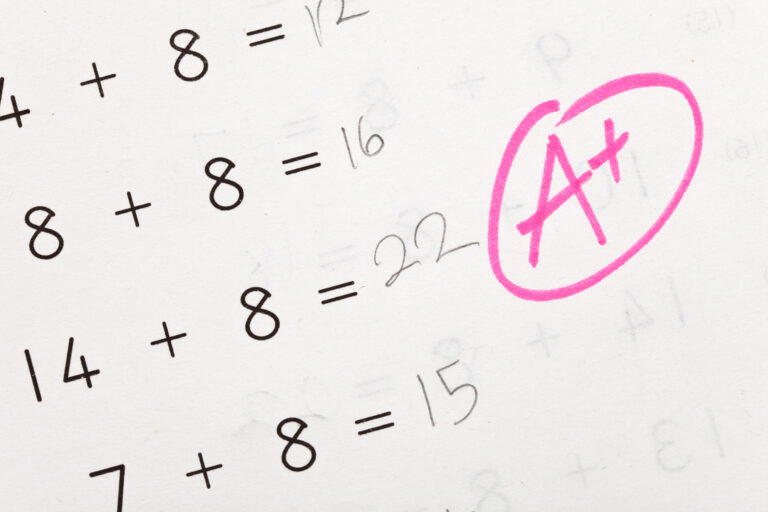Grades in school have a heavy impact on the way students view school subjects and themselves. When a teacher grades an assignment, they have the opportunity to help students grow by learning from their mistakes. Even so, one bad grade might deter a student from even considering that they might excel in any subject. This especially rings true for STEM subjects, which is why the grading policy is so important.
In the pre-university school years, students are learning the building blocks for the rest of their education. If kids are discouraged from a young age, they might miss out on a field that could be perfect for them. For subjects such as math and science, their grades have a huge impact.
A Unique Grading Policy
Junior high school teacher Leah Alcala wanted to address the issue of bad grades deterring students and encourage confident learning in the classroom.
Alcala, a math teacher at King Middle School in Berkeley, California, developed a grading strategy that falls in between the strategy of intensely harsh grading and no grading at all.
Alcala’s strategy means that she highlights the mistakes that students make on their tests. She hands it back without telling them exactly what they did wrong. Then, the students examine the problems without having a grade. They do eventually get the grades, but after they’ve had the chance to examine their work.
The highlighting also gives the students a chance to see smaller mistakes that might not cost them a ton of points, but are still worth noticing. For example, when they use the incorrect unit. It will bring their attention to it and correct them for the next test.
Another example of the effectiveness of her method revolves around something she refers to as a “flow-through mistake.” This is when the methods are right, but one small mistake may have made the answer incorrect.She can grab that early but show the student that they still had the right idea in mind and give them proper credit.
Concerns about the time-consuming nature of different grading styles may prevent other teachers from implementing alternative grading styles. However, Alcala shared in an interview that this style takes about the same amount of time.
In all, the way that the students perceive school and themselves is often tied to grades. If they receive poor grades and do not fully understand why, they may give up on the subject entirely. The incredible work of teachers like Alcala makes learning effective and supports a new generation of STEM students.
Read the full story about Alcala’s methods in this article from KQED.



